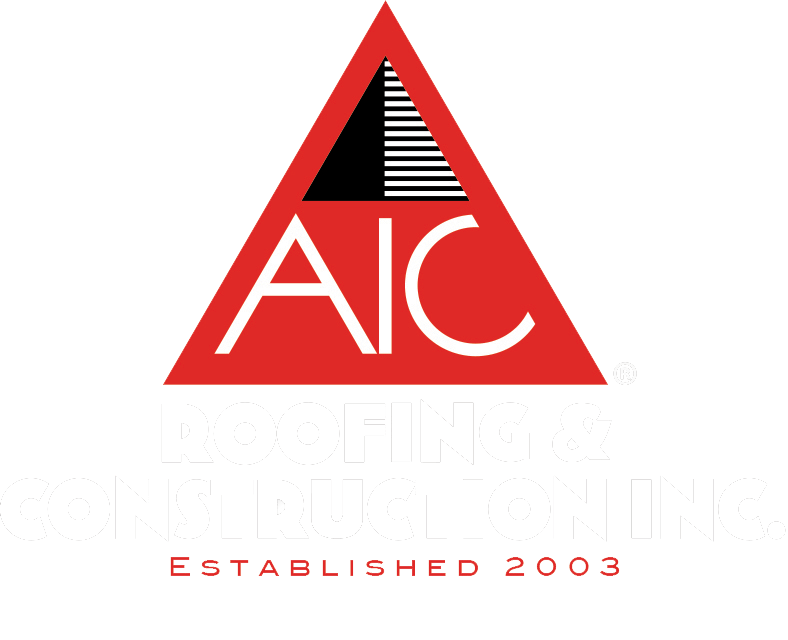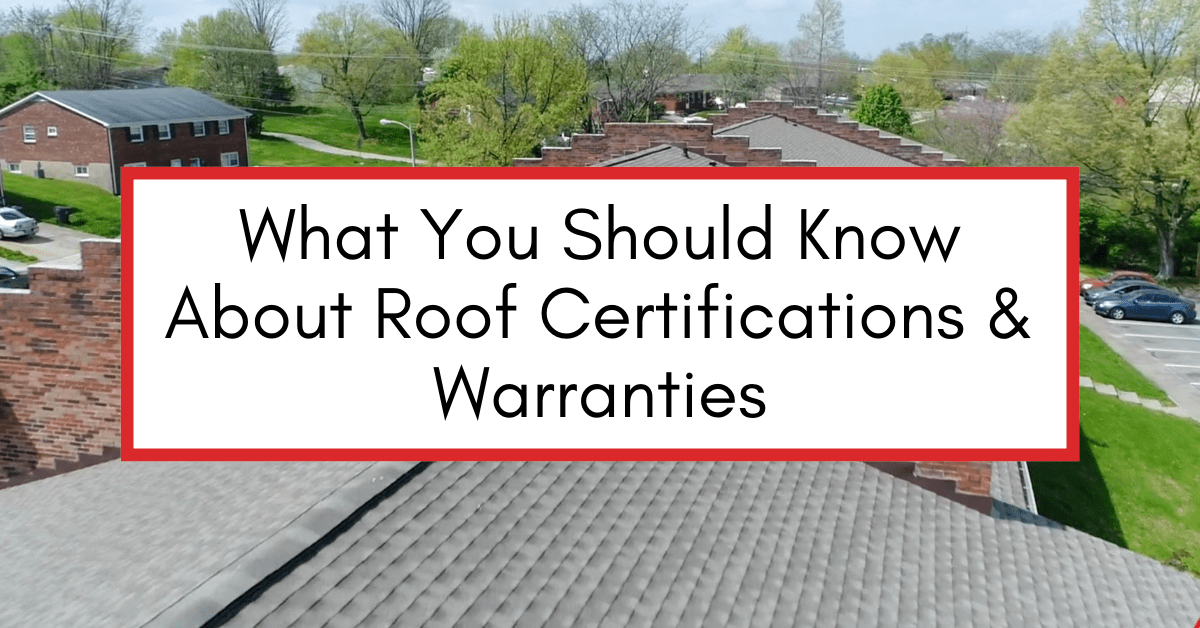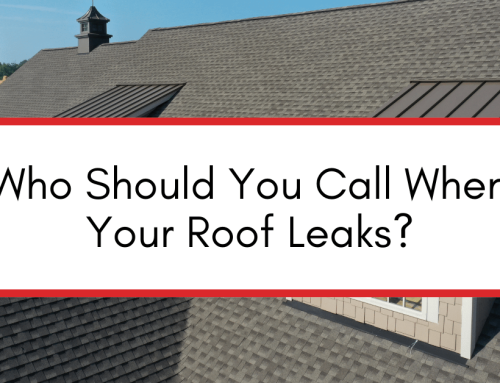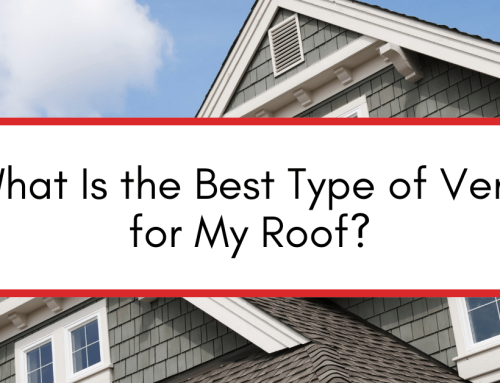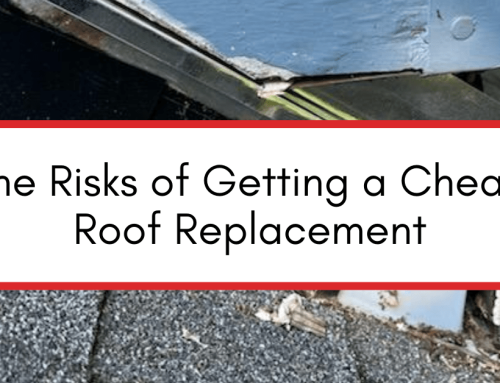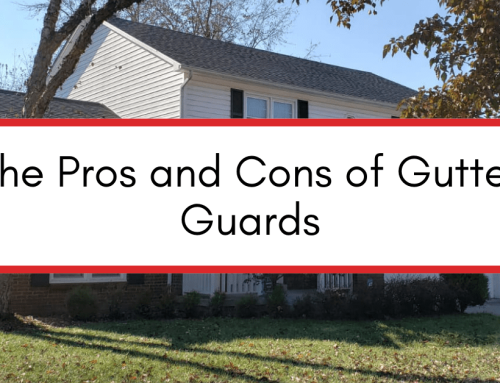Roof certifications and warranties offer homeowners peace of mind and are important factors to consider when evaluating contractors for your roof replacement. Roof certifications and warranties can potentially save you money in the long run.
At AIC Roofing & Construction, we’ve replaced over 10,000 roofs in Central and Northern Kentucky since 2003. We want to provide you with the information you need to make a confident decision about your home and roof.
In this article, we will delve into the details of roof certifications, warranties, and their interplay. We will also discuss the importance of choosing the right roofing contractor and maintaining your roof post-certification.
Understanding Roof Certifications
Roof certifications play a crucial role in determining the health and longevity of your roof. They provide an objective assessment of the current condition of your roof and certify that it meets specific standards of quality and safety. Having a roof certification is beneficial whether you are buying or selling a home. For buyers, it provides assurance that the roof is in good condition, while for sellers, it enhances the marketability and value of the property.
Roof certifications are not just pieces of paper; they are a reflection of the expertise and knowledge of the professionals who issue them. These certifications are backed by years of experience and training, ensuring that the assessment of your roof is accurate and reliable.
When it comes to roof certifications, there are various types available, each serving a specific purpose. Let’s explore some of the most common certifications:
Manufacturer Certifications
These certifications are provided by roofing material manufacturers. They often require the use of specific materials and installation techniques. Manufacturer certifications are important because they ensure that the roof is installed according to the manufacturer’s guidelines, maximizing its performance and durability.
Roofing material manufacturers invest a significant amount of time and resources in developing their products. By obtaining a manufacturer certification, you can be confident that your roof is made of high-quality materials that have undergone rigorous testing and meet industry standards.
Inspector Certifications
Inspector certifications are issued by qualified roof inspectors who evaluate the roof’s overall condition. These professionals assess various factors, including the materials used, installation quality, and any potential issues or damages. They have the expertise to identify even the smallest signs of damage or wear and tear that may go unnoticed by an untrained eye.
When hiring a roof inspector, it is important to choose someone who is certified and experienced. A certified inspector has undergone specialized training and has a deep understanding of roofing systems. They can provide you with an accurate assessment of your roof’s condition and recommend any necessary repairs or maintenance.
Building Code Certifications
Building code certifications ensure that the roof meets local building code requirements and regulations. These certifications focus on aspects such as structural integrity, fire resistance, and energy efficiency. Compliance with building codes is essential to ensure the safety and functionality of the roof.
Local building codes are designed to protect homeowners and ensure that construction meets certain standards. By obtaining a building code certification, you can have peace of mind knowing that your roof meets all the necessary requirements and is safe for you and your family.
Obtaining a roof certification is a straightforward process that typically involves hiring a professional roof inspector or contractor who specializes in certifications. The process usually begins with a comprehensive inspection of the roof, including the materials used, installation quality, and any existing issues.
If the roof meets the required standards, a certification will be issued. It is recommended to seek certifications from reputable and certified inspectors to ensure the accuracy and credibility of the assessment. These professionals have the knowledge and expertise to provide you with an objective evaluation of your roof’s condition.
Remember, a roof certification is not just a piece of paper; it is a valuable document that provides you with peace of mind and adds value to your property. Whether you are buying or selling a home, investing in a roof certification is a wise decision that will benefit you in the long run.
Delving into Roof Warranties
The Role of Roof Warranties
Roof warranties are contracts between the homeowner and the roofing manufacturer or contractor. They provide assurance that the roof materials and workmanship are of high quality and will perform as intended for a specified period. Warranties protect against defects and failures, providing coverage for repairs or replacements, depending on the terms and conditions.
When it comes to investing in a new roof or getting repairs done, having a warranty in place can provide peace of mind. It ensures that if any issues arise, you won’t have to bear the financial burden alone. Roof warranties are designed to give homeowners confidence in the durability and longevity of their roof, allowing them to enjoy their homes without worrying about potential problems.
Furthermore, roof warranties also play a crucial role in the overall value of a property. When selling a house, having a transferable warranty can be a significant selling point. It gives potential buyers reassurance that the roof is covered, even after the ownership changes hands. This can make your property more attractive in a competitive real estate market.
Types of Roof Warranties
There are different types of roof warranties, each with its own coverage and duration:
- Manufacturer’s Warranty: This warranty is provided by the roofing material manufacturer and covers defects in materials only. It usually lasts for a specific number of years.
- Workmanship Warranty: This warranty is offered by the roofing contractor and covers any installation-related issues. The duration may vary, but it is typically shorter than the manufacturer’s warranty.
- Extended Warranty: Some manufacturers or contractors offer extended warranties for additional coverage beyond the standard warranty period. These warranties may come at an extra cost.
Understanding the different types of warranties available is essential when making decisions about your roof. Depending on your needs and budget, you can choose the warranty that best suits your requirements. It’s important to note that warranties can vary between roofing companies and manufacturers, so it’s crucial to compare and evaluate the terms and conditions before making a final decision.
Reading and Understanding Your Roof Warranty
It is essential to carefully read and understand the terms and conditions of your roof warranty. Pay attention to factors such as the duration of coverage, whether it is prorated or non-prorated, and any exclusions or limitations. Understanding these details will help you make informed decisions when it comes to maintenance and potential warranty claims.
Some warranties may have specific requirements for regular maintenance to keep the coverage valid. This could include inspections, cleaning, or other maintenance tasks. It’s important to familiarize yourself with these requirements to ensure that you fulfill your obligations as a homeowner and maintain the warranty’s validity.
In the event that you need to make a warranty claim, it’s crucial to follow the proper procedures outlined in the warranty documentation. This may involve contacting the manufacturer or contractor, providing necessary documentation, and allowing them to assess the issue. By following the correct process, you can ensure a smooth and efficient resolution to any problems that arise.
Remember, a roof warranty is only as good as the company or manufacturer behind it. Before choosing a roofing contractor or purchasing materials, do thorough research on their reputation and customer reviews. This will give you a better understanding of their track record in honoring warranties and providing quality service.
In conclusion, roof warranties are an essential aspect of any roofing project. They provide homeowners with confidence, protection, and potential cost savings in the event of defects or failures. By understanding the different types of warranties available and carefully reading and following the terms and conditions, you can make informed decisions and ensure that your roof remains in excellent condition for years to come.
The Interplay Between Certifications and Warranties
How Certifications Affect Your Warranty
Roof certifications can influence your roof warranty in several ways. Some manufacturer warranties require the roof to be installed by a certified contractor to be valid. In this case, having a roof certification from an approved inspector can help ensure that your warranty remains intact. Additionally, a roof certification can provide evidence of proper installation and maintenance, which may strengthen your warranty claim if issues arise.
Warranty Limitations and Certifications
While warranties provide valuable coverage, it is crucial to understand their limitations. Warranties typically do not cover damage caused by natural disasters, improper maintenance, or unauthorized repairs or modifications. It is essential to follow the manufacturer’s recommended maintenance guidelines and retain documentation of inspections and repairs to maintain the validity of your warranty.
Choosing the Right Roofing Contractor
The Role of Certification in Contractor Selection
When selecting a roofing contractor, certifications play a vital role in determining their expertise and reliability. Look for contractors who are properly certified by manufacturers or industry associations. Certification ensures that the contractor has the necessary skills, knowledge, and experience to provide quality roofing services. Additionally, certified contractors often offer warranties on their workmanship, providing an added layer of protection and peace of mind.
Questions to Ask Your Contractor About Warranties
Before hiring a roofing contractor and entering into a warranty agreement, it is essential to ask questions to clarify the coverage and terms of the warranty. Some key questions to ask include:
- What is the duration of the warranty?
- What does the warranty cover?
- What are the exclusions or limitations?
- Is the warranty transferable if you sell the property?
- What are the steps to initiate a warranty claim?
Having a clear understanding of the warranty will help you make informed decisions and ensure that you receive the intended coverage.
Maintaining Your Roof Post-Certification
Regular Roof Maintenance Tips
Maintaining your roof post-certification is essential to preserve its condition and maximize the effectiveness of your warranty. Some valuable maintenance tips include:
- Regularly having the roof inspected for any signs of damage or wear.
- Clean gutters and downspouts to prevent water buildup.
- Trim tree branches near the roof to prevent damage from falling branches.
- Remove debris and leaves from the roof surface.
- Ensure proper ventilation to prevent moisture buildup.
By following these maintenance practices, you can prevent minor issues from escalating and protect your roof investment.
Roof Replacement and Repair in Central Kentucky
AIC Roofing & Construction is a part of the elite 2% of roofers in North America to hold the GAF MasterElite Certification. This certification is renewed by us every year as part of our commitment to excellence.
Because of our MasterElite Certification, we are able to offer exclusive warranties (like the GAF Golden Pledge Limited Warranty) to our customers – free of charge.
Contact us today to schedule your free, no-hassle roof inspected by one of the experts at AIC Roofing and Construction. Our GAF and Owens Corning expertise roofing will ensure your roofing system is protected against any material defects or possible workmanship errors for up to 50 years and 25 years, respectively.
3-tab attics barns chimney choosing a contractor commercial cost curb appeal DIY estimate financing flashing flat roof GAF glossary gutter replacement gutters gutter size gutter system ice dams inspections insurance missing shingles roof design roofing materials roofing system roof leak roof maintenance roof materials roof repair roof replacement roof shapes roof types shingle ratings shingles siding siding materials siding replacement skylights storm damage underlayment ventilation warranty winter
